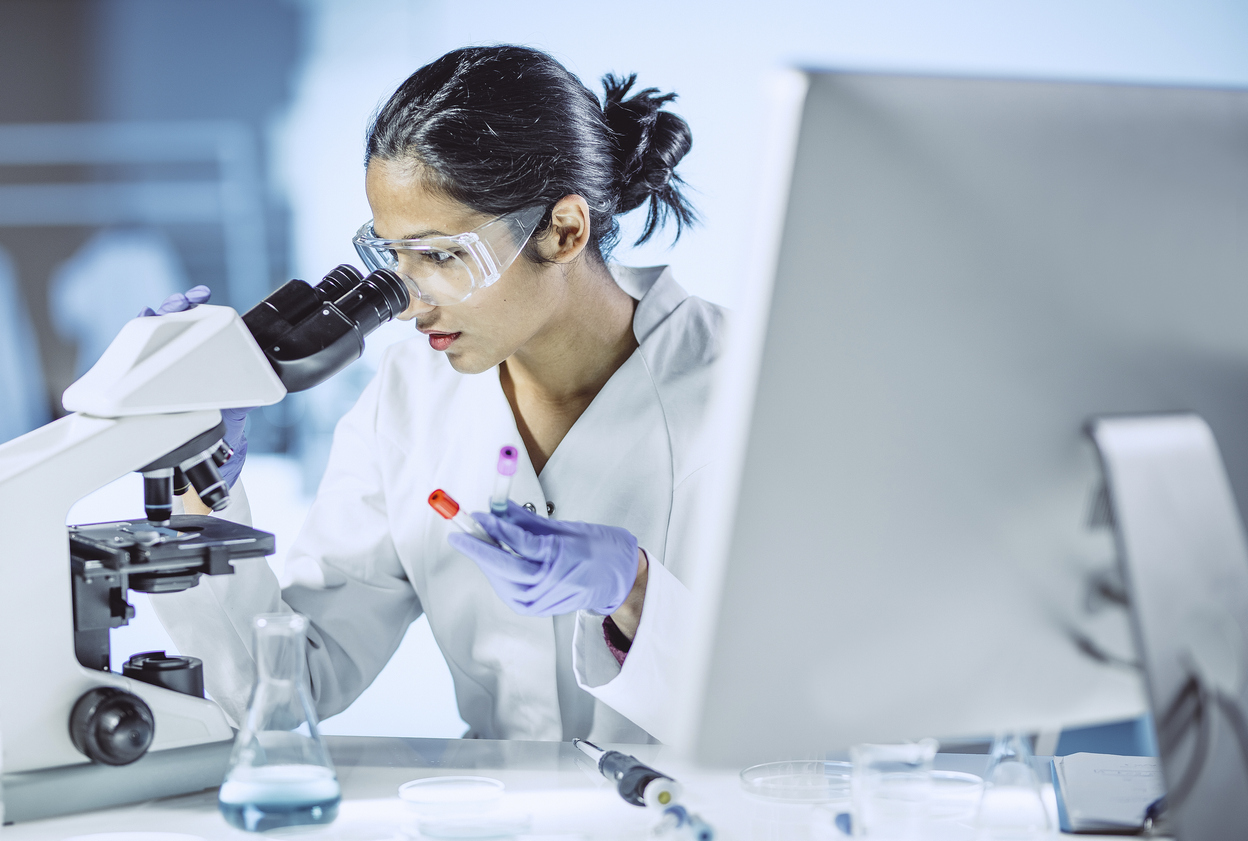Deadlines
Priority: January 15
General: March 1
Applicants who wish to be considered for a scholarship must submit their application by the priority deadline. Some scholarships require that applications be received earlier than the published priority deadline. Students who wish to be considered for one of the early submission scholarships should consult our Financing Your Degree page and must submit the degree application and any additional required documents by the stated date for that scholarship.
MS Biomedical Sciences Degree Application
The application and all supporting materials for the MS in Biomedical Sciences must be submitted directly to The Graduate School at the University at Albany
Application Requirements
- Must hold a bachelor’s degree from a college or university of recognized standing
- Grade point average of 3.00 or better
- A combined total of at least 42 credits in biology, chemistry, mathematics, and physics.
- Prior research experience, either through an undergraduate experience, enhanced summer research, or post-baccalaureate degree
- Applicants are reviewed in the context of academic preparation and performance, potential for success, fit for the graduate program, as well as potential match with mentor
For application specific questions, contact us at cihsadmissions@albany.edu or 518-402-0361.
International Requirements
- International students must submit a minimum TOEFL score of 98, IELTS score of 7.0, or Duolingo score of 125. We will only accept official scores sent by the testing institution.
- UAlbany TOEFL code is 2532. We do not use department codes. For electronic IELTS score results reporting, provide the following information to your test center:
University at Albany (SUNY)
1400 Washington Avenue
Albany, NY 12222 - The TOEFL or IELTS is not required for international students who have completed at least four semesters of full-time study within a four-year time frame from time of application, and maintained at least a B average at a college or university in the United States or a country from an approved list. For questions regarding English Language Proficiency waivers, please email Soha Acosta at szacosta@albany.edu.
Required Application Materials
Official transcripts
- Official transcripts from EVERY post-secondary academic institution attended, including college coursework completed during high school, must be sent directly from the institution to the Graduate School. You must report all colleges and universities attended and submit official transcripts, even if your transfer credits are listed on your primary transcript.
Three letters of recommendation
- A minimum of two letters must be from academic faculty
- At least one letter must be from a university faculty member in the major field of study
- Letters must be signed and on institutional/organizational letterhead
Personal Statement
- Why do you wish to pursue a career in biomedical sciences and why are you interested in your chosen area of research?
- 1500 word limit
- The personal statement must have well-defined research interests
CV/Resume




